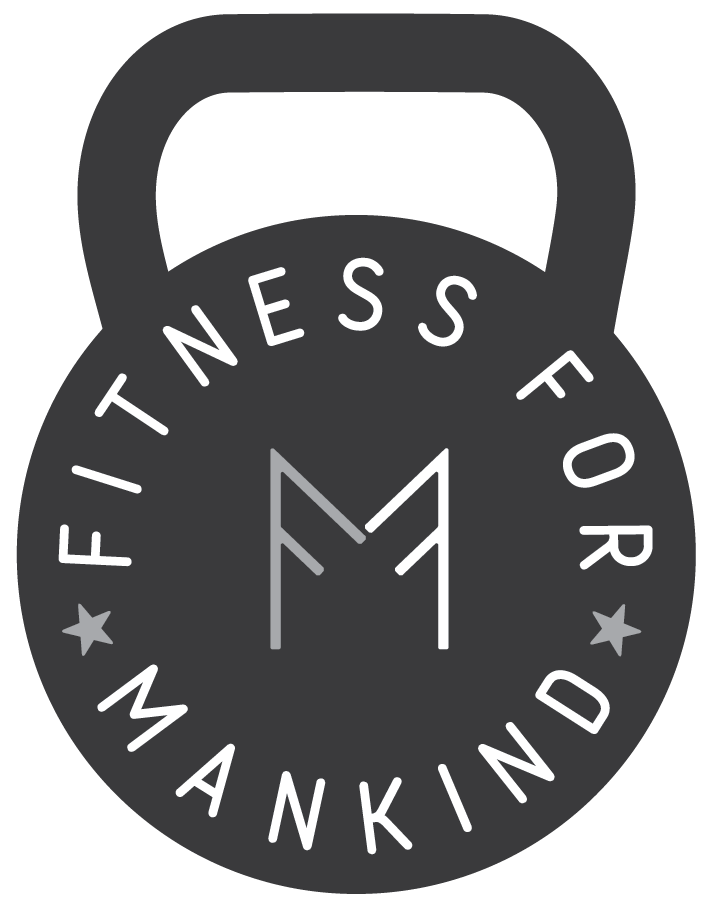The average American will consume between 2,500 calories at Thanksgiving dinner. Add in the appetizers and other meals throughout the day and you’re looking at a caloric intake that’s about 4,500-5,000 calories. In one day you’ve gained 1 to 2 pounds (3,500 calories equals 1 pound of fat, according to the American Society for Nutrition). And don’t forget about all the left overs in the fridge…
Tips to Eat Less & Still Enjoy Thanksgiving
Workout. A hard training session the morning before the big meal can help put some of those excess calories to good use (think building muscle), or at the very least give you some piece of mind if you choose to be gluttonous. A workout also puts you in a healthier mindset for the day.
Plan. View your calories as a budget. If you’re going to spend more at the feast, eat less upfront.
Snack smart. Pre-dinner snacking can make or break your total caloric intake for the day. But don’t starve yourself before dinner either. If you’re too hungry at dinner time, you’re more likely to overeat. Before you sit down to dinner, have healthy snacks that are good for weight loss like veggies or fresh fruit. Try to avoid the salty, crunchy fried snacks that are loaded with fat and calories. Save your calories for the big meal.
Booze. Alcohol can really add up. In addition, you’re less likely to make healthy food choices when you are tipsy. Before you get together with friends and family, decide if you will drink any alcoholic beverages and set a limit for how many you’ll consume. You may decide that Thanksgiving is a good opportunity to avoid booze and allocate our calories to food.
Fill your plate once. When it’s time to sit down at dinner, evaluate the offerings and make careful selections. Try not to grab foods out of habit or obligation. You’re not required to eat rolls, stuffing, or other traditional favorites simply because they are on the table. Pick the foods that you truly enjoy.
Be a Talker. Start a conversation at the dinner table. When you talk more you slow down the eating process. The slower you eat, the more you’re able to feel the sensation of fullness that will help you curb overeating.
Save dessert for later. Give your meal a chance to settle and digest before you dive into pie or dessert. It may take thirty minutes or more to feel the sensation of fullness from your meal. So if you indulge in dessert too soon, you may eat more and feel overly stuffed later on. Give it a few hours, then re-evaluate your need for dessert. You may find that you are too full for sweets and choose to take it home for another day.
